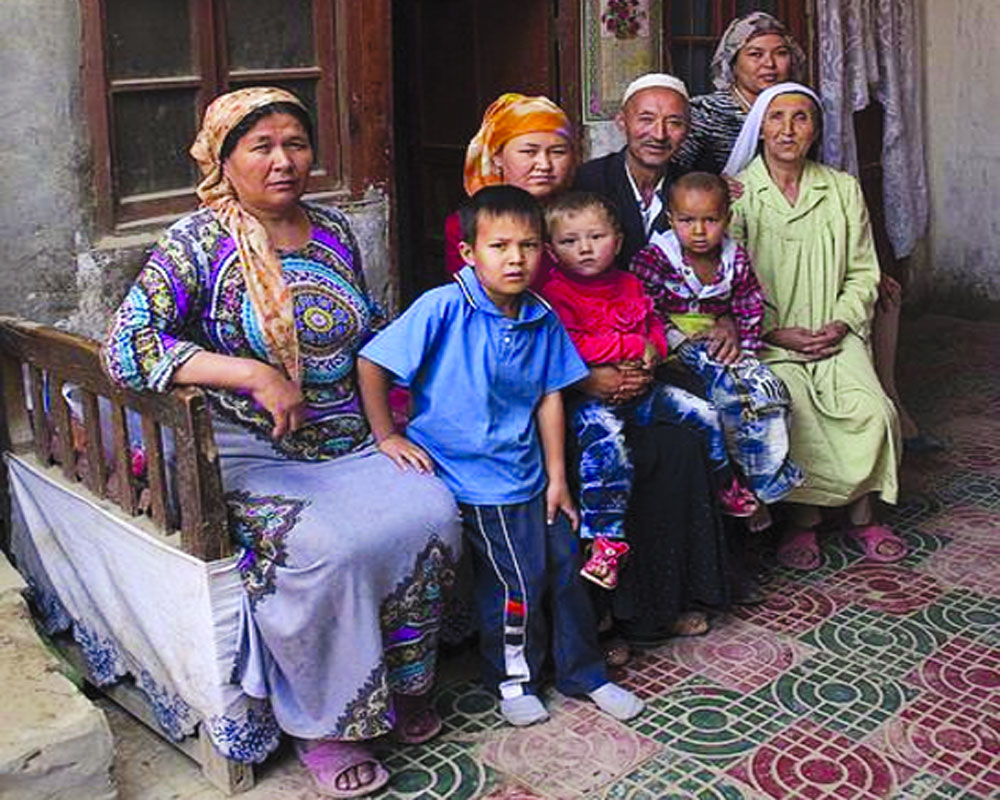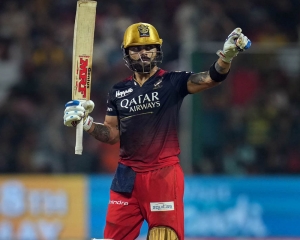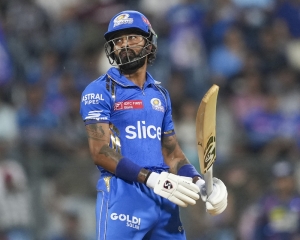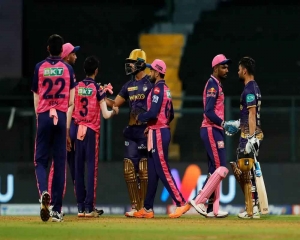Why can’t the Hans of China learn from the example of Indian Hindus towards Muslims and be considerate enough to let the Uyghurs be?
Reports about the treatment of Uyghurs in general and their pregnant women in particular in Xi Jinping’s China sound barbaric. If the purpose is family planning, fair enough, but it should be implemented by law and not by force. Cases were reported in this journal from Istanbul which mentioned several women who were up to six-and-a-half months pregnant being forcibly aborted, evidently posing a threat to their lives. True, Muslims are reputed to procreate much more prolifically than other people but that does not mean that the Government should resort to violent means to achieve smaller families.
According to the Hadith (Traditions), Prophet Muhammad once asked a man whether he was married. On being replied in the negative, Muhammad reacted by saying: “Then you are a brother of the Devil.” In Islam, even ascetic orders are expected to marry rather than remain single. One of the Prophet’s companions, Usman ibn Maz’un, wished to lead a life of celibacy; Muhammad forbade him. Normally such consent is given on condition of the celibate becoming a eunuch. In the same context, the Prophet exhorted his followers to marry women who will love their husbands and be very prolific: “For I wish you to be more numerous than any other people.” (Mishkatu’l Masabih book XIII)
We in India have a long and enormous experience of being ruled by Muslim sultans and, of course, coexisting with them for centuries. This led to serious and prolonged oppression in the 50-year reign of Aurangzeb, which ended in 1707. There was a serious emotional parting of ways. In 1887, the then most prominent Islamic leader Sir Sayyid Ahmad Khan of Aligarh fame declared in a public speech that the Hindus and Muslims were separate nations. He repeated his contention the following year.
The next eminence to pronounce the same sentiments in the early 20th century was Justice Syed Ameer Ali. Then in 1930, poet Mohammad Iqbal voiced that Muslims should have a separate homeland even if inside an Indian confederation. Most Hindu leaders, Gandhiji downwards, ignored these statements and continued to believe that the Congress Party represented all communities. Rightly or incorrectly, because the Congress had members of all communities, the leaders presumed that all of their communities followed the Party. Eventually, Mohammad Ali Jinnah had the Pakistan Resolution passed by the Muslim League at its Lahore session on March 23, 1940. Yet, the Hindus took only limited notice. Nor did the British realise how serious was the Muslim desire for a separate homeland, a New Medina.
On August 16, 1946, Bengal Chief Minister HS Suhrawardy directed a massive pogrom, later called the Great Calcutta Killing; which over three days saw the bloody end of thousands of people. This was Jinnah’s way of proving particularly to the British that Hindus and Muslims cannot coexist in the same country. India had to be divided. This is also based on the Islamic theology that Muslims need a Dar-ul-Islam, wherein the law laid down by Sharia is the only land wherein Muslims can flourish and fulfil themselves. Today, India still hosts more Muslims than any country except Indonesia. This is an unusual paradox. If so many Muslims can happily live in India, where was the need for Partition? Yet, the Hindus have accepted this contradiction without a protest. My question is if the Hindus can be so tolerant, why cannot the Hans of China be considerate enough to let the Uyghurs be?
After all, China has to coexist with many other peoples and countries. There are 57 Islamic countries and they have not yet protested because of what? Possibly sheer fear or business interests. But for how long? Sooner or later, the Islamic fury must explode. In any case, I appeal to the Han race for tolerance in the cause of peace.
In a spirit of freedom and brotherhood, we allowed the Ayodhya litigation to go on for nearly a century, waiting for a court judgment. Then only we have begun to build a temple for lord Ram whom poet Iqbal had described as “Imam-e-Hind”. The Muslims of Ayodhya were in favour of building the temple because it would multiply pilgrimage and consequently bring prosperity. The fight was about an edifice which had no minarets, no woozu for washing hands and feet before proceeding to prayers. In fact, it must have been meant as a mazar in Babar’s memory after he died.
India has had three Muslim Rashtrapatis, Zakir Hussain, Fakhruddin Ali Ahmed and Abdul Kalam, plus several judges including Supreme Court Chief Justices and election commissioners appointed by, of course, Hindu Governments.
When it comes to elections, all adult citizens have the right to vote. There is no discrimination. In the bargain, Muslims in earlier elections voted en masse for one party and it won. The others were slack in casting their votes. But this was tolerant and no solution was applied to stop this practice. The easy solution was compulsory voting; that would have neutralised the en masse voting. But the Hindu ethos was too liberal for a drastic measure although nearly a dozen countries, led by Belgium and Australia, practise it.
(The writer is a well-known columnist and an author. The views expressed are personal.)


























